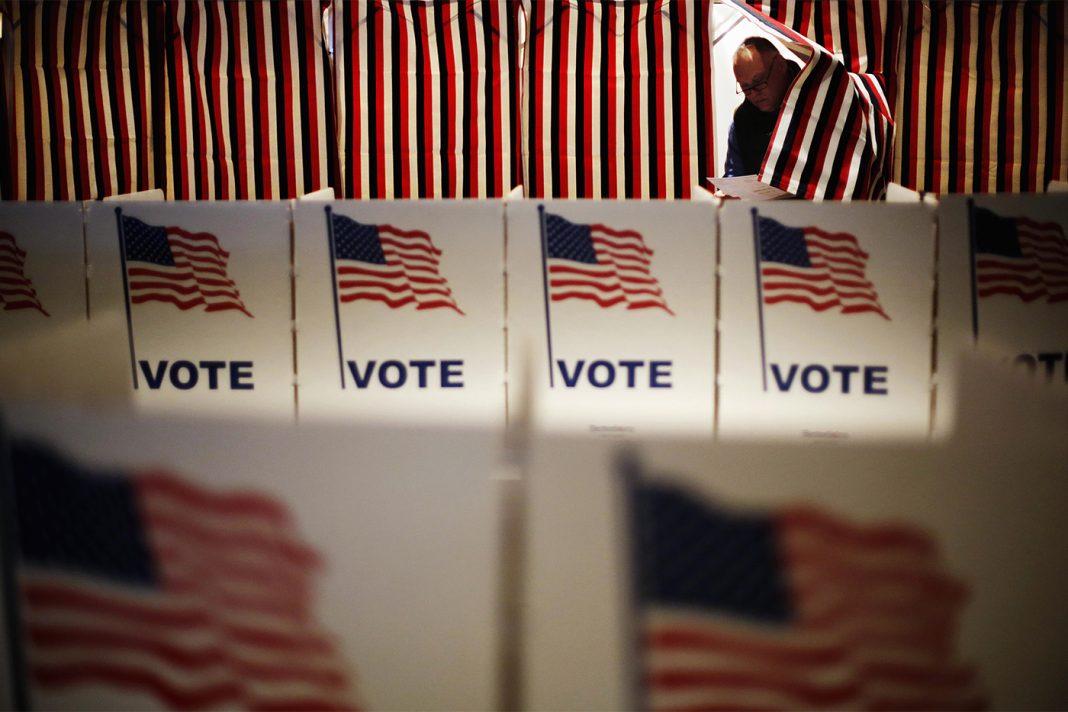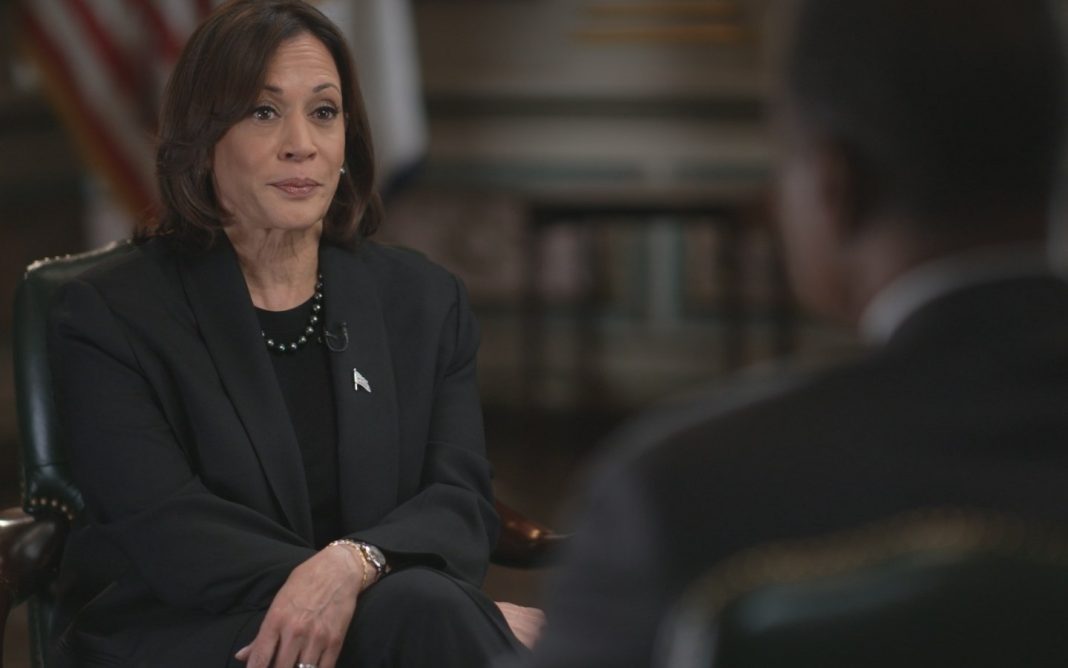Millions Prepare to Vote: Why U.S. Presidential Elections Are Held on a Tuesday in November
LONDON — On Tuesday, November 5, millions of Americans will head to the polls to cast their votes in a historic presidential election, deciding between former President Donald Trump and current Vice President Kamala Harris. As the nation gears up for this pivotal moment, experts from Northeastern University are shedding light on a long-standing tradition: why U.S. presidential elections are held on a Tuesday in November.
The practice of voting on the first Tuesday following the first Monday in November dates back nearly 180 years to a federal law enacted in 1845. This decision was influenced by the agricultural landscape of 19th-century America, according to Jessica Linker, an assistant professor of history at Northeastern University.
“Back then, the majority of the population was involved in agriculture,” Linker explains. “Congress wanted to ensure that the election day didn’t disenfranchise farmers, who needed time to travel to polling places.” The choice of Tuesday allowed voters to travel on Monday, after the Sunday church services, without the burden of market day, which was often Wednesday.
The timing of the election also aligned with the agricultural calendar. November was chosen because it fell after the harvest and before the onset of winter, making it a practical choice for farmers who needed to be available for their crops.
While the decision was rooted in the needs of an agrarian society, Linker cautions against viewing 19th-century America solely through that lens. “Cities like New York, Philadelphia, and Boston were thriving at the time,” she notes. However, the focus on rural voters was paramount in determining the election date.
As the nation prepares for the upcoming election, discussions about changing the polling day or making it a federal holiday have emerged. However, Nick Beauchamp, an associate professor of political science at Northeastern, points out that the rise of early voting and mail-in ballots has diminished the urgency for such changes. “In 2000, only 40% of voters had access to early voting. Now, for the 2024 election, 97% have at least one option to vote before Election Day,” he says.
Some states, like Rhode Island and West Virginia, have designated Election Day as a holiday, but a nationwide federal holiday remains a contentious issue. “The political landscape makes it difficult to coordinate such a change,” Beauchamp explains. “We would need a federally coordinated policy, which is challenging given the current state of U.S. politics.”
As the election approaches, the tradition of voting on a Tuesday in November continues to shape the electoral landscape. With millions of Americans preparing to make their voices heard, the historical context of this practice serves as a reminder of the evolving nature of democracy in the United States.
As the nation braces for what promises to be a closely watched election, the significance of the day itself—rooted in history and shaped by the needs of a different era—remains a vital part of the American democratic process.



